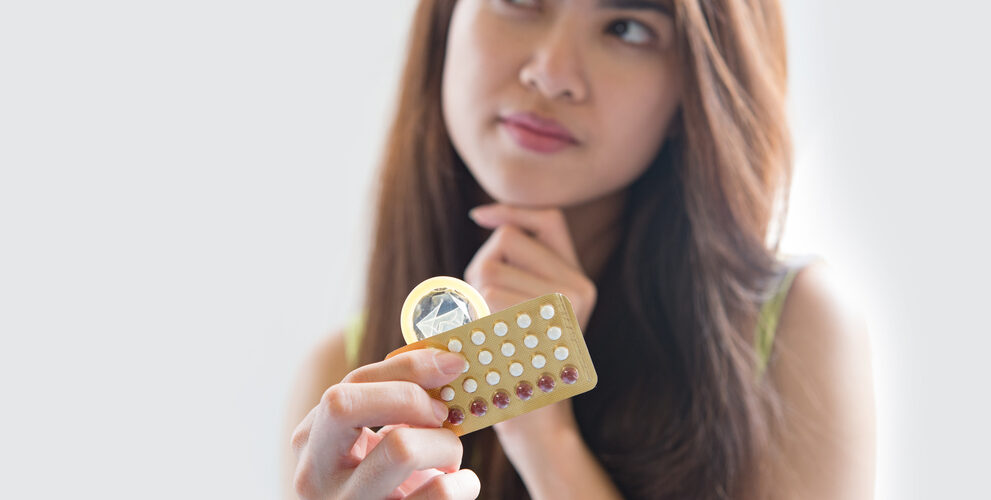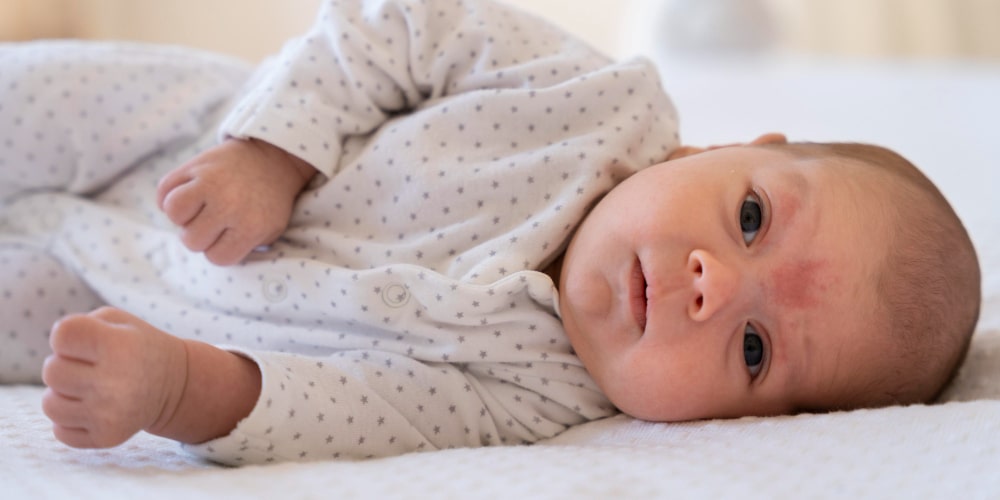FACT CHECK: Are birth control pills a cure for PCOD?
A healthy diet and regular exercise can greatly improve PCOD and reduce reliance on pills
Author
Author
- admin / 7 months

- 0
- 3 min read

Author
CLAIM: Birth control pills are not a permanent solution for PCOD.
FACT: True. Birth control pills are not a permanent solution for PCOD but are effective for managing symptoms, with potential side effects like weight changes and mood swings. Lifestyle changes can significantly improve PCOD and may reduce reliance on medications, but a complete resolution requires personalized medical advice.
First Check came across an Instagram reel, in which the creator claims that birth control pills aren’t a permanent cure for PCOD, or Polycystic Ovarian Disease.
“Taking birth control pills will cause you anxiety, increase fat, and cause hair fall,” the creator says, suggesting eating right food and working on lifestyle to cure the condition.
The video has garnered around 1.7 million views and more than 30 thousand likes.
What’s the fact?
Dr Kaishreen Khan, consultant obstetrician and gynecologist at Motherhood Hospitals, Pune, Maharashtra dismisses the idea that birth control pills are at all a cure for PCOD.
“They help manage symptoms like irregular periods, acne, and excess hair by regulating hormones. But they do not address the root cause of the PCOD,” she tells First Check. “Once stopped, symptoms may return.”
Dr Khan emphasizes the importance of seeking expert guidance for tailored treatment, as pills alone do not resolve underlying issues like insulin resistance or ovarian dysfunction.
Regarding benefits and side effects, Dr Khan acknowledges potential side effects, including nausea, weight changes, mood swings, and an increased risk of blood clots.
According to the American College of Obstetricians and Gynecologists, combined hormonal birth control pills, which contain both estrogen and progestin, can serve as a long-term treatment option for women not seeking pregnancy. These pills can help regulate menstrual cycles, reduce excessive hair growth and acne, and lower the risk of endometrial cancer.
Why do doctors recommend birth control pills for PCOD?
The frequent prescription of birth control pills for PCOD is due to their effectiveness and convenience, according to Dr Khan.
“They help regulate menstrual cycles, lower androgen levels, and reduce symptoms like acne and excess hair,” she says. “Fast symptom control, especially for those not planning pregnancy soon, making them a go-to option for hormonal balance.”
Can lifestyle changes like diet and exercise effectively manage or resolve PCOD?
LIfestyle changes, says Dr Khan, improves the PCOD symptoms.
“A well-balanced diet, regular exercise, and weight management can held,” she notes. “These habits help regulate insulin levels, reduce androgen excess, and restore ovulation, potentially reducing the need for medications.
In some cases, Dr Khan adds, lifestyle modifications may even resolve PCOD-related issues over time. However, she cautions that alternative treatments, such as Ayurveda, medications, or supplements, should be pursued only after consulting an expert to understand their pros and cons.
Also read: https://firstcheck.in/fact-check-is-there-any-truth-to-elon-musks-claims-on-birth-control/
(Do you have a health-related claim that you would like us to fact-check? Send it to us, and we will fact-check it for you! You can send it on WhatsApp at +91-9311223141, mail us at hello@firstcheck.in, or click here to submit it online)










